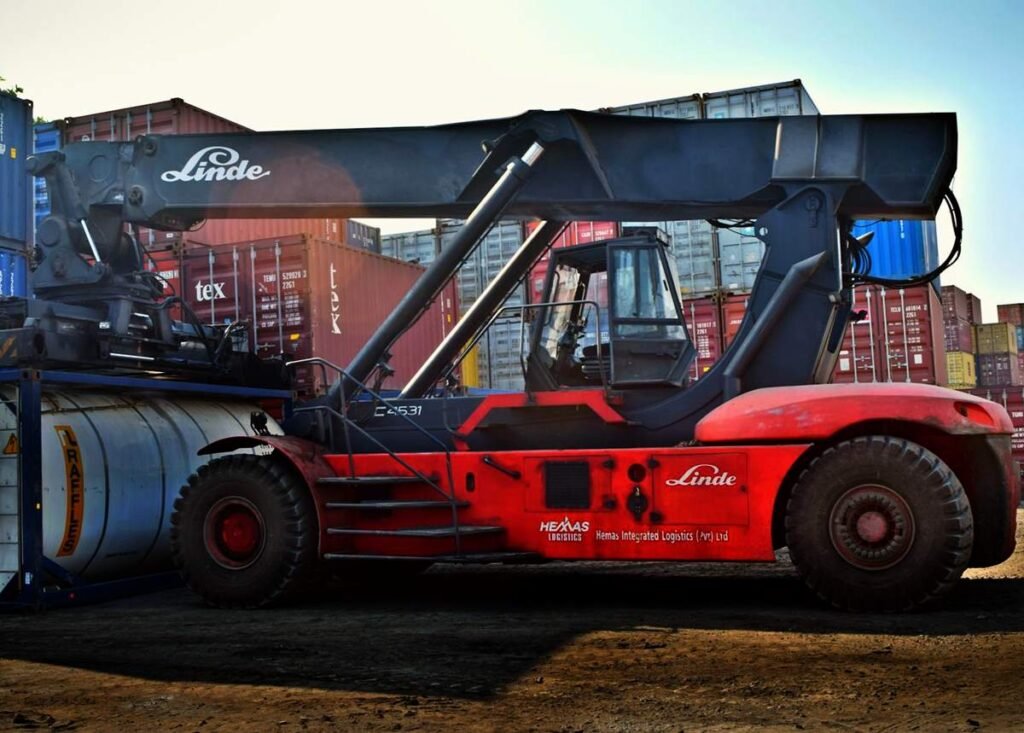The European Parliament and EU Council have agreed changes to the EU carbon border adjustment mechanism with the aim of reducing the administrative burden for SMEs and occasional importers.

The proposed simplifications to the CBAM regulation would reduce red tape for smaller businesses (SMEs) in particular, while maintaining the functionality of the CBAM measure.
The key aspect of the proposal is a new exemption threshold of 50 tons for CBAM goods. This means that companies which do not exceed a single mass-based threshold set at a level of 50 tonnes of imported goods per importer per year, are exempt from CBAM obligations. The proposed measure will therefore mostly apply to SMEs and individuals, which import small or negligible quantities of goods covered by the CBAM regulation.
The simplification seeks to provide cost-efficient compliance improvements to the CBAM regulation, without compromising its climate goals. About 99% of emissions in the imported CBAM goods would still be covered. The overall aim is to reduce the regulatory and administrative burden, as well as compliance costs for EU companies, especially SMEs.
Thye agreement was welcomed by the European Commission. “This agreement is a win for both climate policy and competitiveness of our companies,” said Net Zero Commissioner Wopke Hoekstra: “We’ve sealed a deal in record time that exempts 90% of companies from the Carbon Border Adjustment Mechanism (CBAM) while still capturing 99% of emissions.”
The proposal contains several simplifications for all importers of CBAM goods above the threshold. These concern particularly the authorisation procedure, the data collection processes, the calculation of embedded emissions, the emission verification rules, the calculation of the authorised CBAM declarants’ (parties wishing to import goods subject to the CBAM) financial liability during the year of imports into the EU, and the claim by authorised CBAM declarants for carbon prices paid in third countries.
The CBAM simplification proposal is part of the Commission’s “Omnibus I” simplification package, presented on 26 February 2025. Further information is available on the CBAM website and in the Omnibus I and II Q&A.
The European Parliament and the Council must now formally adopt the package before it can enter into force. It will enter into force 20 days after its publication in the Official Journal of the EU.